The INDE.Awards 2017 is proud to announce that voting for our People’s Choice categories is now open. Vote for your 2017 INDE Prodigy now.

January 2nd, 2017
Thanksgiving Day 1942, New York City Hollywood Theatre.
Every single person in attendance, sitting in the darkened cinema, was ignorant of the momentous cultural instance at which they were present. So much of the next 79 years was hanging on this moment.
Casablanca: opening night.
Now one of the most celebrated films in cinematic history, no-one (in the audience or even in the production) had the foresight to predict that the ultimate underdog would eventually come to define the direction of modern cinema for over the next 7 decades.
But what can you – the A+D community – learn from Casablanca?
Look past the modernist Marrakech aesthetic. Look past and the lush, noirish interior designs. Look, that is, at the film itself.
One of Hollywood’s most frazzled productions, an atrociously shoestring budget, an unfinished script and a reel that only received the final edits on the week of the premiere, Casablanca had nothing going for it – apparently. No marketing, a questionable leading man (certainly not a romantic lead), a nobody leading lady (certainly not in USA), and a host of German ex-pat actors (certainly not P.C. in 1942).
In short: NO BRAND.
Or,
In short: JUST TALENT.
There is an important lesson that Asia Pacific’s A+D community can learn from this strange history of Casablanca. Undoubtedly, our industry places stress on the importance of branding. This is neither surprising nor undue. But in a market increasingly preoccupied by the vicissitudes of promotion and expansion across the globe, our industry’s emerging talent is best by unique challenges.
Not dissimilar to those challenges which faced Casablanca – if we put war aside – emerging talent in today’s A+D community has to grapple with a pointedly over-capacity workforce over-saturated with the noise of competitive marketing on a global scale.
Leveraging oneself as emerging talent in a trend-entrenched marketplace is by no means easy. But if Bergman and Bogart have taught us anything, you needn’t follow the trend – spark one!
For the 2017 INDE.Awards, we’ve noticed that “this looks like the beginning of a beautiful friendship”. Our expert panel of judges and Indesign Media Asia Pacific editors have kept their finger on the pulse of what A+D will look like tomorrow.
Across our region, our INDE experts have selected a shortlist of emerging A+D talent that eschews trends, old rules and infuses their creative output with the spirit of innovation and questioning.
Indesign Media Asia Pacific is proud to announce that voting for your 2017 INDE. Prodigy is currently open – and you get to decide!
Presenting the 2017 Prodigy shortlist for the inaugural INDE. Awards







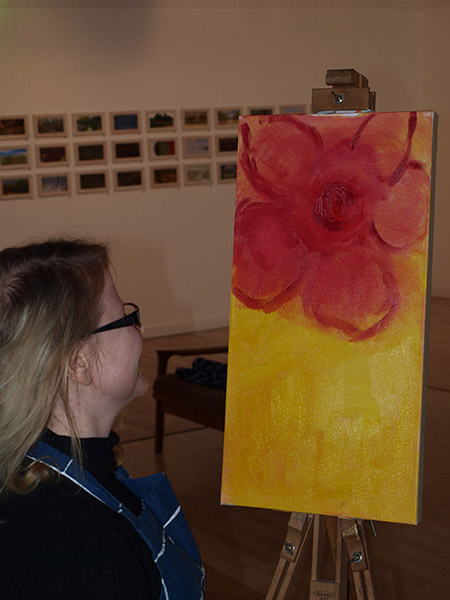
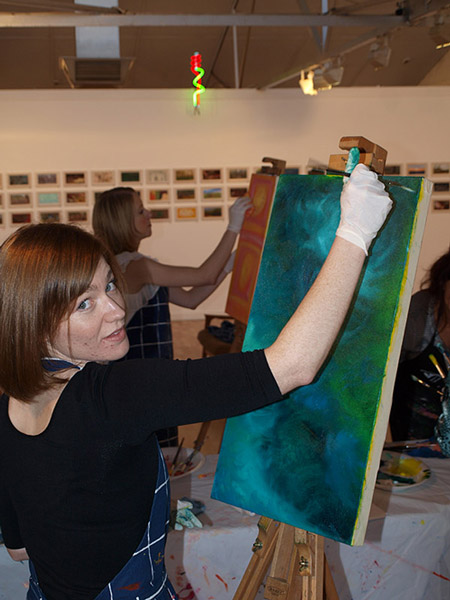
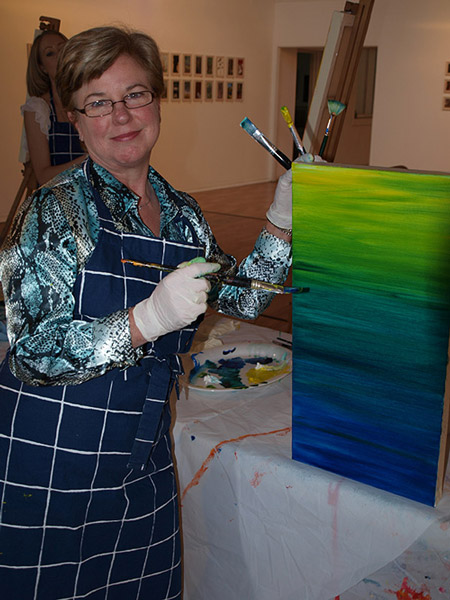
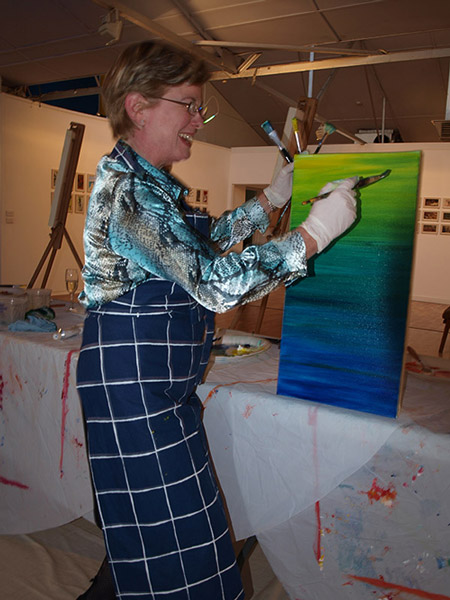

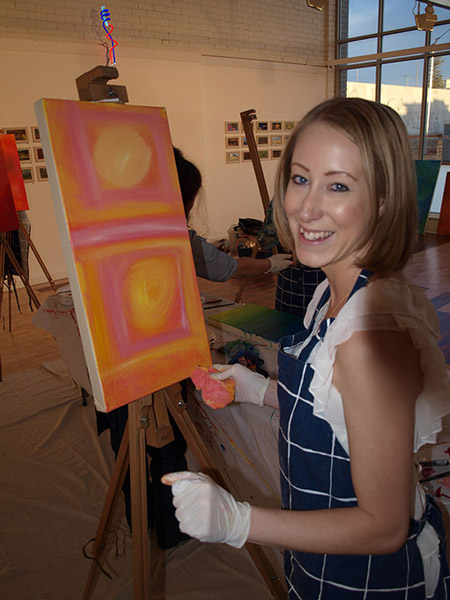
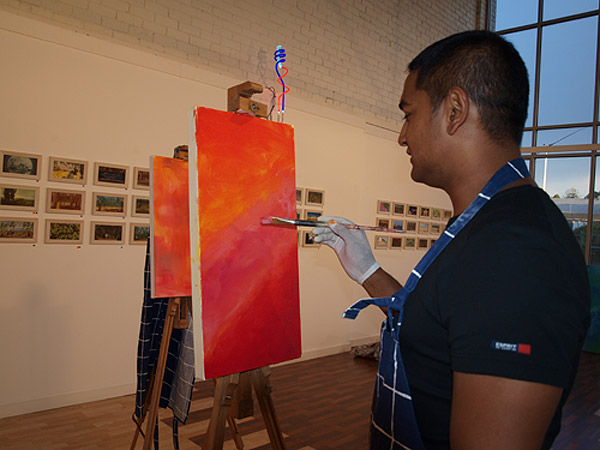
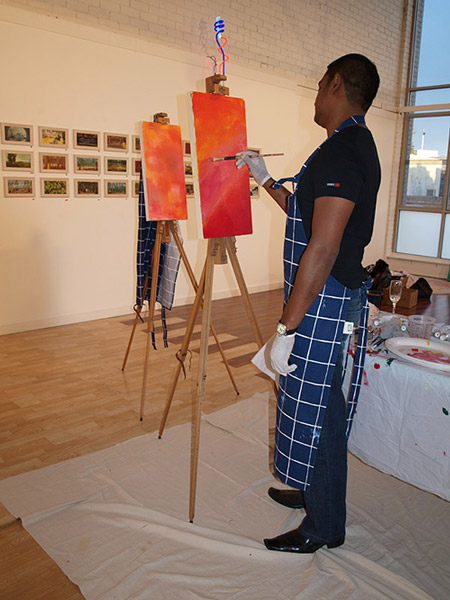
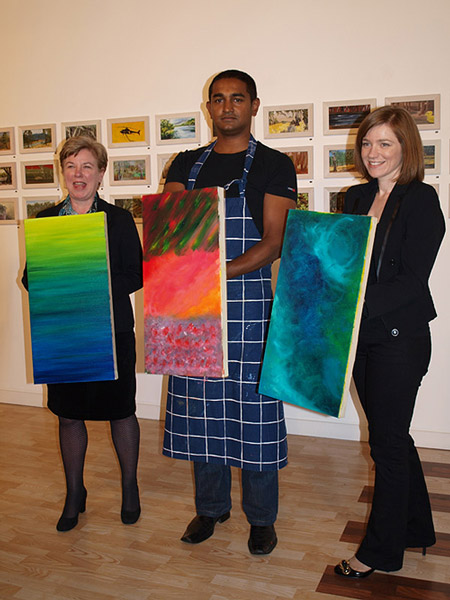
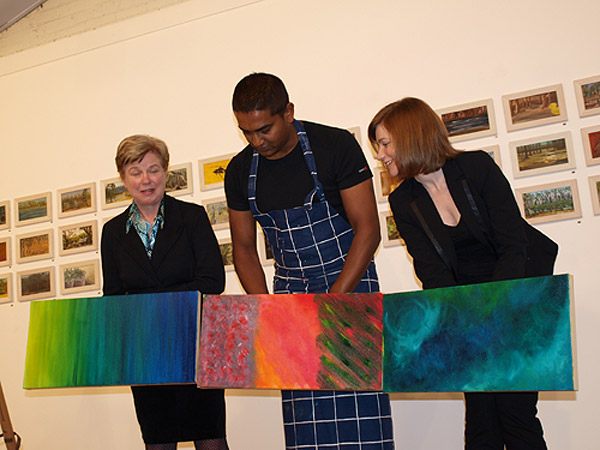
Karen Abernethy is the founder of the eponymous Karen Abernethy Studio. Specialising in small, finely crafted residential and commercial projects, Karen and her team embrace creative projects that enhance the human experience.
Founder of Melbourne’s Flack Studio, David Flack is an interior architecture and design specialist. Working across small, large-scale and multi residential, commercial, retail and hospitality projects in Australia and abroad, David unifies his design with a contemporary, yet respectfully classic style.
Daniel To and Emma Aiston founded Daniel Emma in 2008 as a way of expressing their pair’s passions through creative Industrial Design. Today, the pair and their eponymous studio work on a variety of projects ranging from desk objects to large scale installations.
Vince Alafaci and Caroline Choker are the founders of Acme & Co, a multidisciplinary design firm. The pair’s practice has experience in both small and large scale projects, having worked in hospitality, residential, commercial, industrial, public and adaptive reuse.
Founders of Bean Buro, Lorene Faure and Kenny Kinugasa-Tsui, are emerging architecture and interior design specialists. Originally working in the UK, the duo opened the Hong Kong studio in 2013, and has gone on to showcase a diverse range of projects, all unified by a core vision of responding to global narratives.
Pan Yicheng is the founder of Produce design studio in Singapore. Designing with a central narrative at the core of all his work, Pan’s work has seen constraints and economies as important ingredients in design, with his work telling stories within given contexts.
Having grown up in artistic environs, it seems like a given that Frank Leung would enter the creative realm. After achieving a degree in architecture at the University of Texas, Leung worked his way up the ladder at a slew of design firms including Wong Tung & Partners and Kwan & Associates, before founding Via in 2009.
Nelson Chow is the director of NC Design & Architecture. Nelson and the Hong Kong-based design firm specialise in retail, restaurant, hospitality and residential projects, covering the full design remit encompassing interiors, bespoke furniture and innovative products.
The qualities and characteristics of all nominees for INDE’s 2017 Prodigy Award represent a progressive attitude toward imaginative architectural and design practice. Your 2017 INDE Prodigy will be a stellar example of our region’s experimental and rebellious spirit – an icon of tomorrow.
Of all the gin joints, in all the towns, in all the world, we’re so glad they walked into ours.
Voting for the INDE.Awards Prodigy of 2017 is currently open. Cast your vote here.
INDESIGN is on instagram
Follow @indesignlive
A searchable and comprehensive guide for specifying leading products and their suppliers
Keep up to date with the latest and greatest from our industry BFF's!
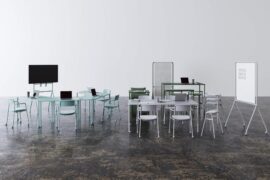
Welcomed to the Australian design scene in 2024, Kokuyo is set to redefine collaboration, bringing its unique blend of colour and function to individuals and corporations, designed to be used Any Way!
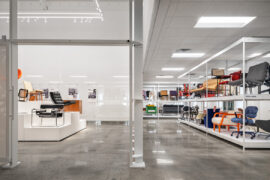
The undeniable thread connecting Herman Miller and Knoll’s design legacies across the decades now finds its profound physical embodiment at MillerKnoll’s new Design Yard Archives.

Gaggenau’s understated appliance fuses a carefully calibrated aesthetic of deliberate subtraction with an intuitive dynamism of culinary fluidity, unveiling a delightfully unrestricted spectrum of high-performing creativity.
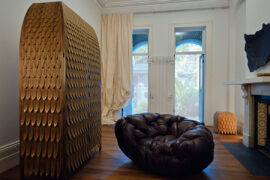
Trent Jansen’s first Sydney solo exhibition in years celebrates the poetry and stories that grow from collaborative making as well as the importance of co-creation.
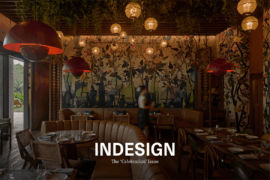
The latest print magazine is about to arrive! With Guest Editor Colin Seah of Ministry of Design (MOD), Singapore flooding our world with love, we are ready to party in style!
The internet never sleeps! Here's the stuff you might have missed

Wonderstruck is currently on view at the Queensland Art Gallery | Gallery of Modern Art (QAGOMA), an exuberant statement of flamboyant possibilities.